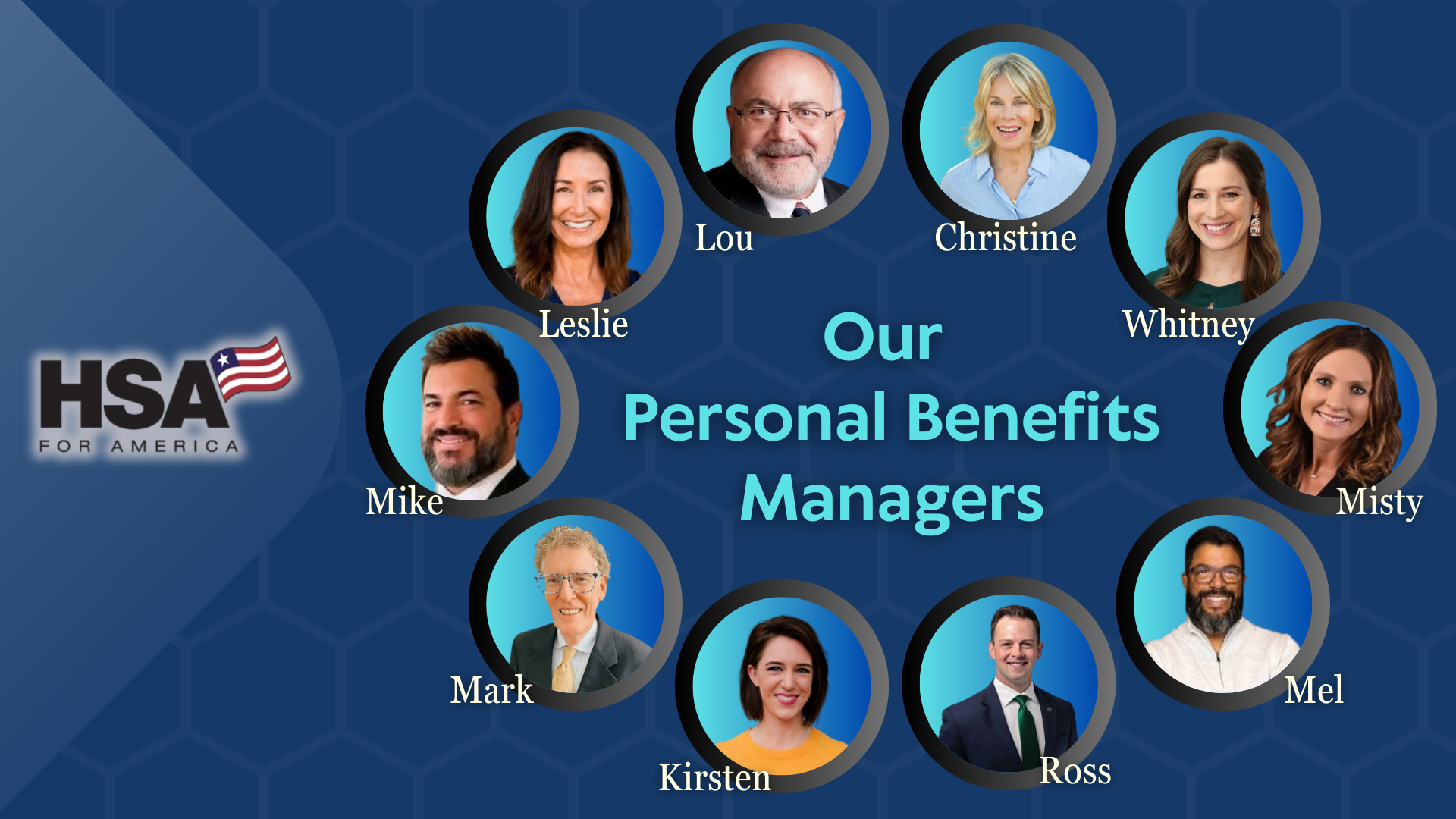
Key Takeaways
- Newborns are not automatically covered under your existing health insurance plan.
- You typically have a 30-day window to add your newborn to most insurance plans.
- Multiple coverage options exist, including employer plans, ACA marketplace, healthshare plans, CHIP, and Medicaid.
- Required documentation includes birth certificate, Social Security number, and insurance application.
- Acting quickly prevents coverage gaps and unexpected medical costs.
Understanding the 30-Day Window
Most health insurance plans require you to add your newborn within 30 days of birth.
This qualifying life event allows you to enroll outside of open enrollment periods. Missing this deadline can leave your baby uninsured until the next open enrollment period.
Your Health Insurance for Newborn Options
Employer-Sponsored Plans
If you have employer coverage, contact your HR department immediately after birth. Most employer plans offer comprehensive newborn coverage and maternity benefits.
ACA Marketplace Plans
The Health Insurance Marketplace provides various plan options for families. You can compare coverage levels and costs to find the best fit for your growing family.
Healthshare Plans
Medical cost-sharing plans offer an alternative to traditional insurance. These plans can provide significant savings for families seeking affordable healthcare coverage.
CHIP and Medicaid
The Children’s Health Insurance Program (CHIP) and Medicaid provide coverage for qualifying families.
The American Academy of Pediatrics emphasizes that understanding your health insurance coverage is crucial so you can be an active advocate for your child’s health. Income limits vary by state, and these programs often cover prenatal care and delivery costs.
Steps to Secure Coverage
1. Contact Your Insurance Provider
Call your insurance company within 48 hours of birth to begin the enrollment process. Have your policy number and newborn’s information ready.
2. Gather Required Documents
You’ll need your baby’s birth certificate, Social Security number, and completed insurance application. Some insurers may require additional documentation.
3. Compare Your Options
Evaluate different plans based on coverage, costs, and provider networks. Consider your family’s specific healthcare needs and budget.
4. Submit Your Application
Complete all required forms and submit them before the 30-day deadline. Keep copies of all documentation for your records.
If you need help understanding all your options and ways to get coverage, contact a Personal Benefits Manager who can guide you through the process and help you find the best solution for your family’s needs.
Compare Pricing on the Best HealthShare Plans Available
Protecting Your Baby’s Health
Securing health insurance for newborn coverage ensures access to essential medical care during those critical first months.
From routine checkups to unexpected medical needs, proper newborn health insurance provides peace of mind for new parents. Don’t wait until it’s too late—start the enrollment process as soon as possible after your baby’s birth.
Contact a Personal Benefits Manager at HSA for America to get a free quote today and learn more about your infant health insurance options.
For Further Reading:
Frequently Asked Questions (F.A.Q.)
Q: How soon do I need to get insurance for my newborn?
A: You should contact your insurance provider within 48 hours of birth and complete enrollment within 30 days to avoid coverage gaps.
Q: Can I add my newborn to my health insurance plan?
A: Yes, the birth of a child is a qualifying life event that allows you to add your newborn to existing coverage or enroll in a new plan.
Q: What is CHIP and how does it help with infant insurance?
A: CHIP provides low-cost health coverage for children in families that earn too much to qualify for Medicaid but cannot afford private insurance.
Q: Is Medicaid available for newborns?
A: Yes, Medicaid covers newborns and often provides comprehensive benefits including prenatal care, delivery, and pediatric services.
Q: How much does health insurance for infants cost?
A: Costs vary significantly based on plan type, location, and family income. Many families can find affordable options through employer plans or government programs.




